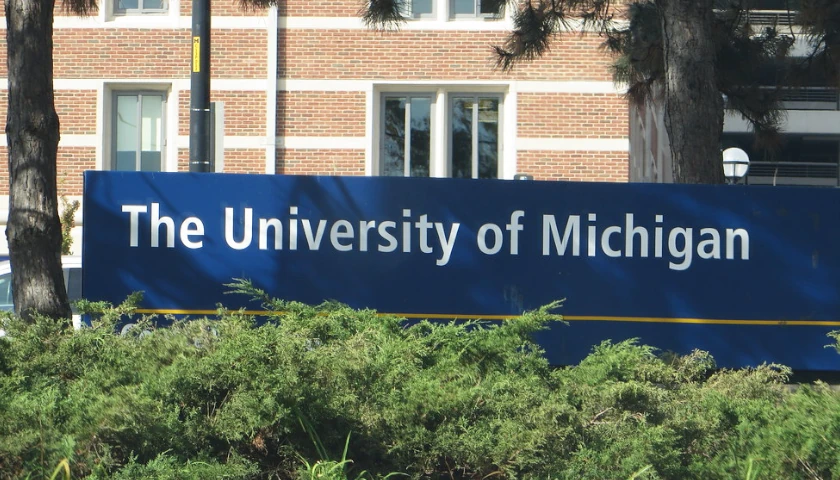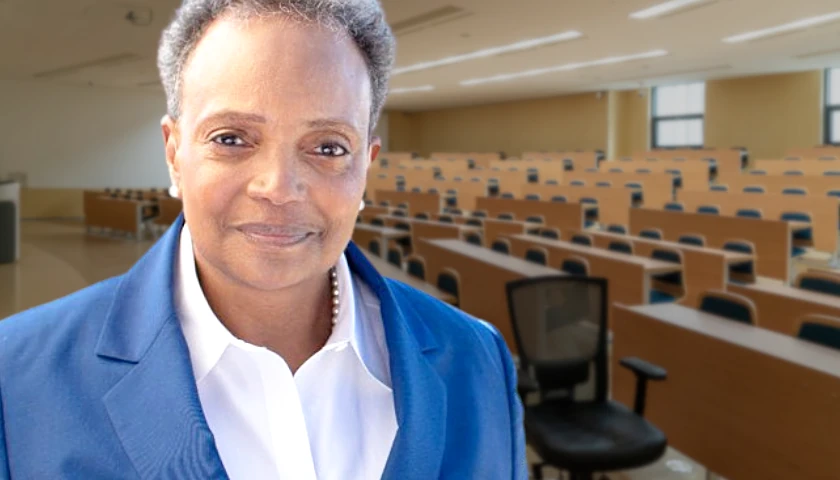As educators, we are concerned about the quality and quantity of applicants entering the field of education. Our members have often been catalysts for innovative solutions to the many challenges facing education. That is why we take an interest in the next generation of educators and why our focus is on how to improve their experience and support as they transition from teacher candidate to classroom teacher.
In 1986, education school deans from the top universities developed a critical report that attributed much of the blame for struggling public schools on the training teachers were receiving in college. Research reminds us that although we spend millions of dollars and thousands of hours on teacher preparation courses, we really do not have much evidence justifying some of those requirements in Colleges of Education. Nor do policymakers really know how to measure and define a successful teacher training program.
Effective educator preparation remains critical to the future of education in Tennessee. We have already focused as a state on admission requirements in educator preparation programs. Again, research is mixed on the relationship between academic admission requirements, and teacher candidates’ later effectiveness levels. This provides an opportunity for needed research. Teaching candidates must have a GPA of 2.75 and an ACT/SAT score of 21/1020 for admission to an educator preparation program.
Policymakers should invest much more time and resources into learning about the science of teaching and how individual teachers actually develop their skills—and how long it takes to develop some of those skills—and what changes are needed. Policies currently reflect the fact that we know far more about a teacher after they enter the classroom than before. Important benchmarks we should look at besides program completers are identifying those who actually enter the field of education and teach, as well as those who remain for a number of years. However, change may be on the horizon.
The University of Michigan is making some interesting changes, and moving to end the longtime practice of sending educators into their own classrooms after just a few months of student teaching. Elizabeth Moje, the dean of the school of education at the University of Michigan, is offering some innovative method based on the way doctors are trained — that will extend teacher training through their first three years on the job, supporting them as they take on the daunting responsibility of educating children. The teacher intern program at Michigan would be the first dramatic upheaval in the way teachers are trained in this country in at least a generation—an upheaval that has been a long time coming. Michigan has planned it’s launch for this year.
In a nutshell, the new approach is like a teaching hospital, where future teachers — called interns — will train together under a single roof. They will complete their student teaching there. Then, instead of heading out in search of a job in another school, they will stay on for three more years as full-time, fully certified teaching “residents.” Residents won’t be trainees. They will be real classroom teachers working with real children and making a real salary — the same as any other first-, second-, or third-year teacher. But, unlike their peers in traditional schools, they will continue to learn from their professors and will work closely with the veteran teachers — called attendings — who will make up most of the school’s teaching staff.
Each educational preparation program has its own approach to supporting teacher candidates, and our association tries to fill in gaps with our student members. It is critical to walk the fine line between informing teacher candidates with the needed knowledge and overburdening them with excessive information. We try to touch on issues such as legal and professional development, including some specific helps for student teachers which include assistance to student teachers with lesson planning, classroom management, and an introduction to our Career Center to help teacher candidates to find future employment.
The existing teacher shortage—especially in special education, math, and science, and in schools serving students of color, low-income students, and English learners—will likely only increase, based on the predicted increase in the school-going population in the future. Colleges of Education must also address how to serve Career & Technical Education (CTE). Areas such as business, agriculture, health, automotive, and mechatronics programs need high-quality teachers. We should also consider how to better build the skills of paraprofessionals who work alongside teachers in classrooms in critical roles.
There is not any magic bullet to ensure that all teachers are great before they begin teaching. However, we can make the effort to equip our educators with skills for a modern age. Change is on the horizon in how we prepare those who educate our children. Policymakers and stakeholders need to work together to make the necessary changes that benefit our students and ensures that quality educators enter and remain in the profession. Together we can make schools a better place for teachers to work and our students to learn.
– – –
JC Bowman is the Executive Director of Professional Educators of Tennessee, a non-partisan teacher association headquartered in Nashville, Tennessee. Permission to reprint in whole or in part is hereby granted, provided that the author and the association are properly cited. For more information on this subject or any education issue please contact Professional Educators of Tennessee.






[…] identified perspective solutions in our article Looming Changes in Student Teaching. In that article, we also identified the existing teacher shortage—especially in special […]
J. C., excellent commentary! The University of Michigan has it EXACTLY right! This is the best innovation for student teaching programs in history. Teachers are so unprepared to go immediately into their own classrooms after only a few months of student teaching. The “resident” program is genius!